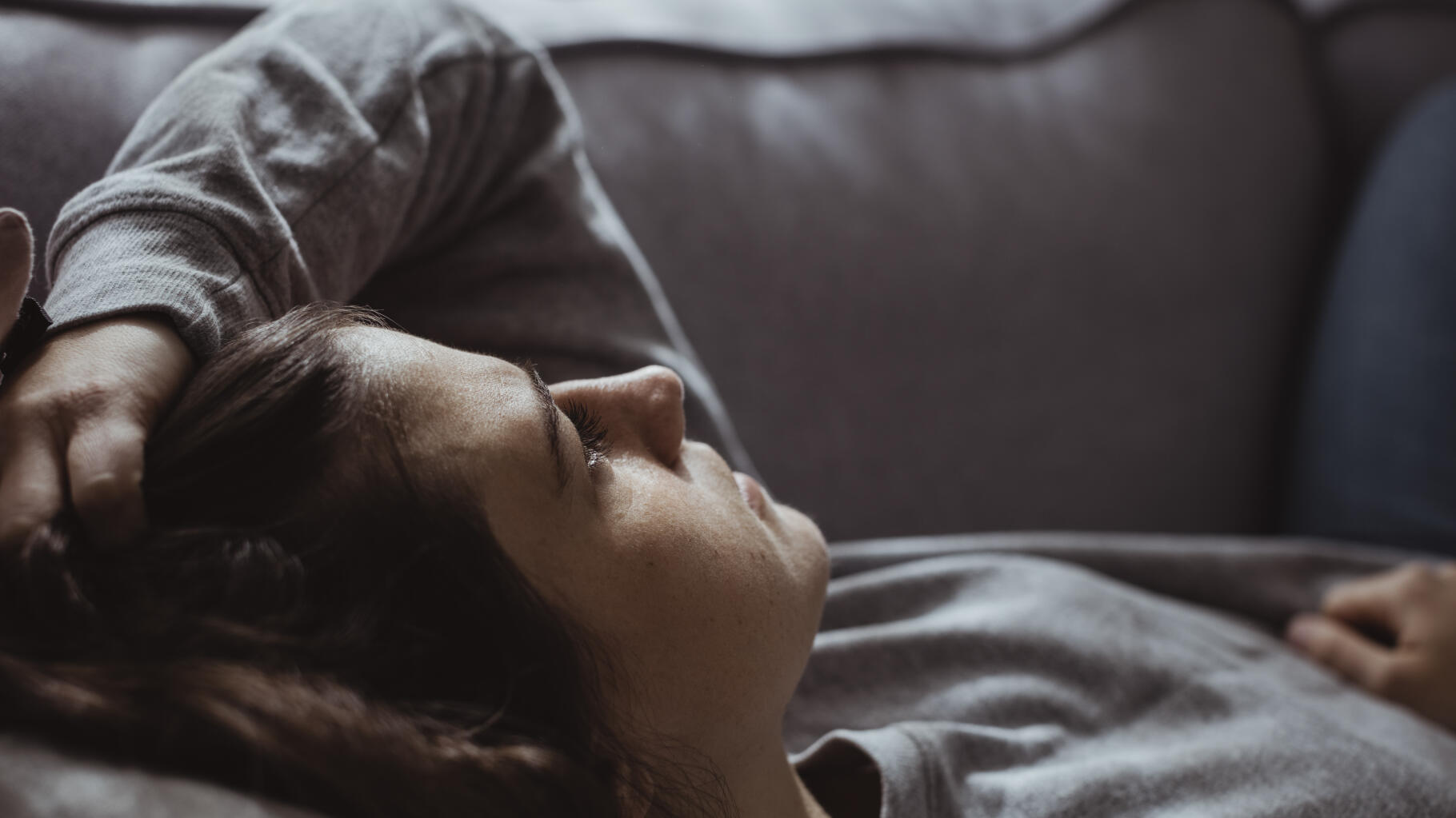What is Andropause, Men’s “Menopause”?

While women are affected by this forced and natural transition that is menopause, men can also be affected by the same phenomenon.
Called andropause, a decline in testosterone levels and other hormones usually occurs around age 45.
How does this biological phenomenon manifest itself and what can be done to prevent its inconveniences?
Follow for full coverage
Good in his body, good in his head
Menopause, the transition marked by the cessation of ovulation and the disappearance of periods, is known to everyone. But did you know that the decline in production of sex hormones with age can also affect men? This phenomenon, called andropause or age-related androgen deficiency (ALAD), is characterized by a progressive decline in testosterone levels in older men, usually between the ages of 45 and 60. This decline in male hormones is accompanied by various psychological and physiological changes, which may include loss of muscle mass, loss of libido, appetite and mood disorders.
According to an article published in New England Journal of Medicine, 2.1% of men suffer from andropause. This figure increases with age: 0.1% develop testosterone deficiency between the ages of 40 and 49, 0.6% between the ages of 50 and 59, 3.2% between the ages of 60 and 69, and finally 5.1% between the ages of 70 and 79. However, unlike menopause, andropause is not inevitable and is a minority event. Here are some ways to detect this syndrome and ways to correct it.
-
Also read
Osteoporosis: Be careful, men are not spared
How to recognize andropause?
To detect symptoms associated with testosterone deficiency, a doctor may use a reference questionnaire for andropause, called the ADAM questionnaire (Androgen Deficiency in Older Men). Composed of ten questions, this self-assessment test allows the patient to assess their physical and mental health status. Often, men who suffer from andropause complain of loss of muscular endurance, sudden fatigue, lack of energy, weight gain or even hot flashes. Some people complain of feeling uncomfortable, irritated because they don’t know themselves, have a tendency to gain weight more easily, but in the end they tell themselves that these symptoms are normal and age-related. However, it may be andropause that is manifesting itself.
The main symptom is loss of libido, with or without erectile dysfunction, which prompts men to seek advice. After examining the symptoms, the doctor or andrologist specialist will try to rule out the causes of more serious illnesses that could explain this hormonal decline, such as depression, hypothyroidism, diabetes or certain chronic illnesses. Second, a blood test is required to measure the level of testosterone in the patient’s body and confirm the diagnosis. Men who are going through andropause may be given treatment that mainly relies on the administration of testosterone.
How to prevent andropause discomfort?
If the picture is not very encouraging, tell yourself that it is possible to prevent the appearance of these symptoms by adopting a healthy lifestyle. Exercising for thirty minutes or more will stimulate the release of testosterone and mobilize most of the muscles in your body. As you age, moderate your alcohol intake, which impairs testosterone production as well as libido. To stay in shape, make sure to balance your food intake. Fats, carbohydrates, and protein will not only optimize testosterone levels, but will also help maintain muscle mass. Conversely, limit consumption of foods that are too fatty, too sweet, and too salty, which will negatively affect hormone production.
As a priority, set your sights on fresh vegetables and fruits. Oily fish, nuts and flax seeds rich in omega-3 should also be part of your diet. Also, vitamin D – which is especially found in milk, eggs and mushrooms – will have a positive effect on the main male sex hormone. A great common enemy, stress is associated with higher cortisol levels and lower testosterone levels according to many studies. So try to free yourself from daily worries and find ways to relax and unwind. Last advice, valid at all ages: Get enough sleep! As a reminder, the male body produces most of its testosterone during sleep. So, the less you sleep, the more this hormone level will decrease.




